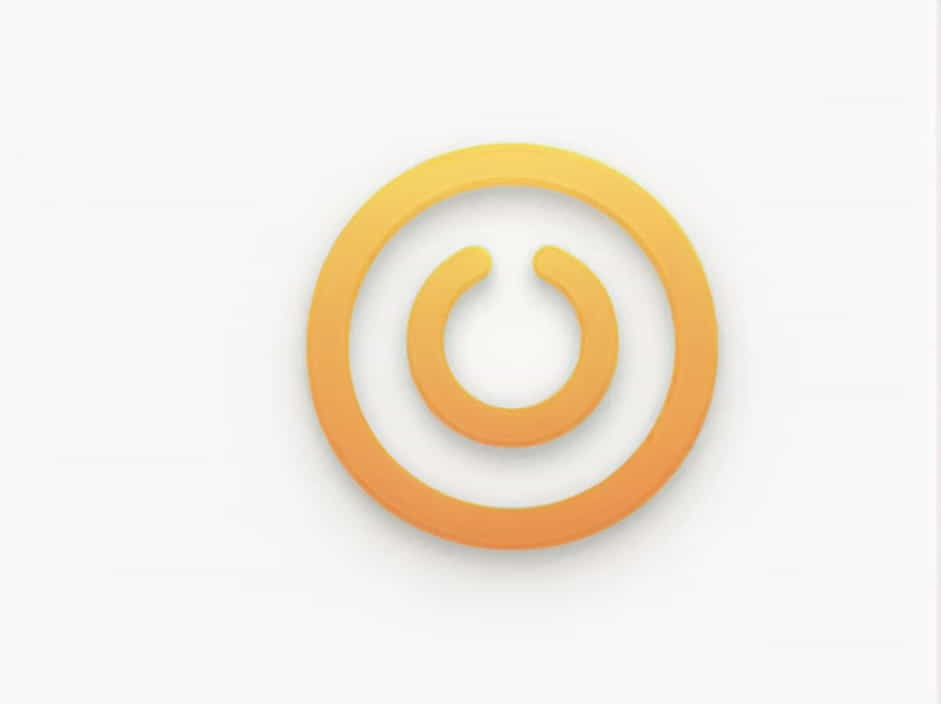The word “sleepyhead” is commonly used to describe someone who is drowsy, sluggish, or slow to wake up. It is often used in a playful or affectionate way, especially when referring to children or loved ones who have trouble getting out of bed.
But what does “sleepyhead” really mean? Is it just a casual term, or does it have deeper implications? This topic will explore the meaning, causes, effects, and ways to overcome sleepiness in daily life.
1. Definition of Sleepyhead
The term “sleepyhead” refers to a person who feels constantly tired, struggles to wake up, or remains groggy after sleeping. It is not a medical term but a common expression used in everyday language.
1.1 Where Did the Word Come From?
The word “sleepyhead” originates from the combination of “sleepy” (feeling the need to sleep) and “head” (referring to a person). It has been used for centuries to describe someone who is slow to wake up or always appears tired.
1.2 Who Is Usually Called a Sleepyhead?
✔ Children who don’t wake up easily in the morning.
✔ People who need multiple alarms to get out of bed.
✔ Individuals who feel drowsy throughout the day.
✔ Someone who sleeps more than usual but still feels tired.
2. Why Do People Feel Like a Sleepyhead?
Feeling like a sleepyhead is common, but the reasons behind it can vary. It can be due to lack of sleep, poor sleep quality, lifestyle habits, or even medical conditions.
2.1 Lack of Sleep
✔ Not getting enough sleep at night.
✔ Staying up late and waking up early.
✔ Inconsistent sleep schedule.
2.2 Poor Sleep Quality
✔ Frequent waking up during the night.
✔ Sleeping in a noisy or uncomfortable environment.
✔ Using electronic devices before bed, which affects melatonin production.
2.3 Unhealthy Lifestyle Habits
✔ Too much caffeine or sugar before bed.
✔ Lack of physical activity during the day.
✔ Irregular eating patterns affecting metabolism.
2.4 Medical Conditions That Cause Sleepiness
✔ Sleep disorders like insomnia or sleep apnea.
✔ Anemia or nutrient deficiencies.
✔ Thyroid problems affecting energy levels.
✔ Chronic fatigue syndrome.
3. The Effects of Being a Sleepyhead
3.1 How It Affects Productivity
✔ Difficulties in concentrating on tasks.
✔ Reduced efficiency at work or school.
✔ Frequent mistakes due to lack of focus.
3.2 The Impact on Mood and Mental Health
✔ Feeling irritable or easily frustrated.
✔ Higher risk of stress and anxiety.
✔ Lack of motivation to do daily activities.
3.3 How It Affects Physical Health
✔ Increased risk of weight gain due to hormonal imbalance.
✔ Weakened immune system, leading to frequent illnesses.
✔ Higher chance of developing chronic conditions like heart disease.
4. How to Stop Being a Sleepyhead
If you often feel sleepy or struggle to wake up in the morning, making small lifestyle changes can improve your energy levels.
4.1 Improve Your Sleep Schedule
✔ Go to bed and wake up at the same time every day.
✔ Avoid long naps during the day.
✔ Create a relaxing bedtime routine.
4.2 Create a Better Sleeping Environment
✔ Keep your bedroom dark, quiet, and cool.
✔ Use comfortable pillows and a good mattress.
✔ Avoid using your phone before bed.
4.3 Eat and Drink Smart
✔ Avoid caffeine and heavy meals before bedtime.
✔ Drink enough water to stay hydrated.
✔ Eat a balanced diet with enough vitamins and minerals.
4.4 Exercise Regularly
✔ Physical activity helps regulate sleep patterns.
✔ Avoid heavy workouts right before bed.
✔ Stretching or yoga can help relax your body.
4.5 Use Smart Alarm Techniques
✔ Place your alarm across the room so you have to get up.
✔ Use a sunrise alarm clock that mimics natural light.
✔ Try waking up at the end of a sleep cycle (every 90 minutes).
5. When to See a Doctor?
If you always feel like a sleepyhead despite getting enough rest, it may be a sign of an underlying health issue.
5.1 Signs You Should Get Medical Help
✔ You sleep for long hours but still feel exhausted.
✔ You snore loudly or wake up gasping for air.
✔ You fall asleep suddenly during the day (possible narcolepsy).
✔ You have unexplained weight gain, hair loss, or fatigue (could be thyroid-related).
A doctor can help diagnose sleep disorders and provide proper treatment to improve sleep quality and energy levels.
6. Fun Facts About Sleepyheads
✔ Some people are naturally more active at night (night owls).
✔ Teenagers tend to feel like sleepyheads due to hormonal changes.
✔ Your body has a natural clock (circadian rhythm) that controls sleepiness.
✔ Sleeping too much can also make you feel tired.
Being a sleepyhead can be frustrating, especially when it affects productivity, mood, and overall well-being. The good news is that most cases of sleepiness can be improved with better sleep habits, a healthy lifestyle, and proper time management.
If sleepiness persists despite making changes, it may be time to consult a doctor to rule out any underlying health issues. By understanding what causes sleepiness and how to fix it, you can wake up feeling refreshed and full of energy every day!
